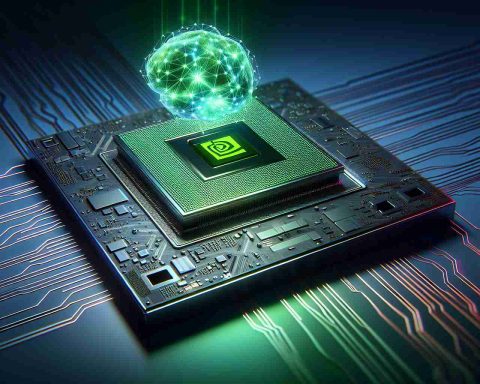Machine learning, a subset of artificial intelligence, has become a cornerstone in driving technological advancements across industries. But a common question that arises is: does mastering it necessitate a deep knowledge of coding?
The answer, in short, is nuanced. While profound expertise in programming isn’t a strict prerequisite, having a foundation in coding undoubtedly offers a significant advantage. Python, a programming language known for its readability and efficiency, is often the go-to language for machine learning due to its extensive libraries like TensorFlow, PyTorch, and Scikit-learn. These libraries provide pre-built functions that facilitate complex computations, making machine learning more accessible to those with basic programming skills.
Moreover, many machine learning platforms and tools allow for a more user-friendly approach. Development environments such as Google’s AutoML and Microsoft’s Azure Machine Learning provide interfaces where users can input data and receive outputs without heavy coding. These platforms lower the entry barrier for beginners, enabling them to experiment with models and datasets easily.
However, it’s crucial to understand that while these tools can help produce results, a fundamental understanding of how algorithms work is beneficial. Knowing how to tweak and optimize models often requires insights that go beyond drag-and-drop capabilities, which inherently involves some level of coding proficiency.
Ultimately, while you can dabble in machine learning with limited coding knowledge, achieving a deeper understanding and the ability to innovate often stems from a solid grasp of programming and algorithms. Therefore, those passionate about making significant contributions in this field are encouraged to invest time in learning to code.
Unlocking Machine Learning: Easier Than You Think?
Machine learning is revolutionizing countless sectors today, radically reshaping how we interact with technology. Yet, how does this digital transformation influence everyday lives, communities, and nations?
Communities benefit significantly as machine learning integrates into public services, enhancing efficiency and accessibility. For instance, AI-driven chatbots streamline public inquiries in urban centers, providing prompt assistance and freeing up human resources for urgent tasks. Machine learning models also bolster healthcare delivery by predicting patient trends, optimizing resources, and improving diagnostics.
Nationally, countries that embrace machine learning position themselves at the forefront of innovation. Consider Estonia, which integrates AI into e-government services, making processes more transparent and accessible. This adoption can boost national productivity and enhance citizens’ quality of life, setting a benchmark in digital governance for other nations to follow.
One illuminating fact is that machine learning’s evolution raises questions about data privacy and ethics. With vast amounts of data essential for training models, how do we balance innovation with safeguarding personal information? It’s a debate playing out in boardrooms and governments globally.
As for budding enthusiasts, is coding absolutely essential for diving into machine learning? The answer remains nuanced. User-friendly platforms lower the entry barrier, sparking interest across diverse backgrounds. Yet, a strong programming foundation, especially in Python, enhances the ability to customize and innovate.
Does machine learning require coding? Not strictly, but for those seeking mastery, coding is invaluable. To explore this exciting field further, visit Scikit-learn, PyTorch, or TensorFlow. Embrace the journey and watch as technology transforms the world around you.

















